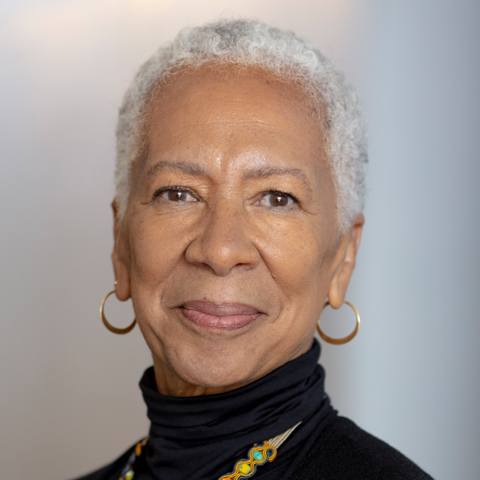Growing Equitable Food Systems
Next week our country will gather together to celebrate Food Day 2014 and join in the fight for a healthy, equitable food system -- one that supports and protects all Americans, especially those living in low-income communities and communities of color. For many years, these communities have been marginalized and excluded from the opportunities that a healthy, equitable food system brings. Yet, the country’s changing demographics mean that these communities can no longer be ignored or excluded. People of color will be a majority of the U.S. population by 2043 and this shift has already happened among young people and young children of color who now make up the majority population in public schools. The time has come for a food system that is healthy, equitable, and accessible to all.
Over the last decade, community leaders and advocates have made themselves heard, gotten the attention of the policymakers, and made a real impact with innovative projects and policies. We are privileged to have fought at their side. And, our collective work is paying off. The Healthy Food Financing Initiative, for example, has so far distributed over $140 million in grants to innovative healthy food projects impacting our entire food system, including the development and expansion of grocery stores, food hubs, farmers markets, corner stores, mobile markets, co-ops, kitchen incubators, and other healthy food retail. The 100 plus projects in 30 plus states are improving access, finding new markets for our small farmers, creating new distribution mechanisms, building entrepreneurship, creating quality jobs, and revitalizing and improving the health of communities.
HFFI has helped support innovative projects such as Mandela Marketplace, a worker owned cooperative grocery store in West Oakland in a community that had not seen a grocery store in decades. The Tohono O’odham Tribe (TOCA) in southwestern and central Arizona, is using HFFI grant dollars to grow a school food enterprise that will serve 700 children on the Tohono O'odham Nation. And, there’s Green City Growers Cooperative (GCGC), a cooperative 3.25 acre urban greenhouse in the heart of Cleveland, Ohio growing hydroponic leafy greens and selling food to nearby grocery stores and wholesale produce businesses. These are just a few of the exciting projects and policies underway. See here for more innovative examples.
I am proud to be a part of the movement to build a more equitable food system. On October 24, I will join others in taking a moment to celebrate the great work we have accomplished together to date. But on October 25, I’ll be back on the front lines marching forward towards creating a food system that is safe and healthy for all communities.
